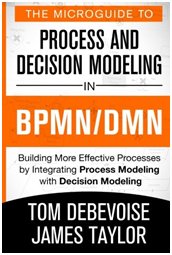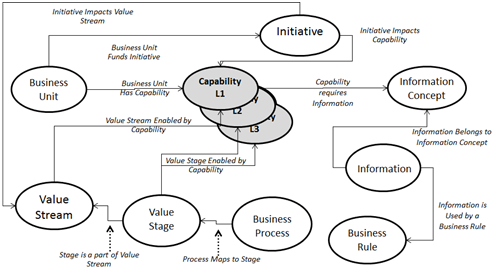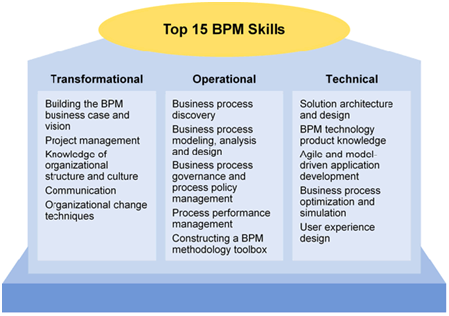I learned the importance of metrics and predictive analysis from an unlikely source in an odd place — the McDonald’s near my college — yes, the place with the golden arches! When I started working there, I didn’t know about Ray Kroc or his revolutionary idea about portion control. I simply wanted to earn money to cover my car and insurance payments.
Everything was measured at this store, from how long the fries were blanched to how long burgers were grilled to the amount time food was allowed to wait in the warming area. In addition to the process measurements, the store’s managers and assistant managers were responsible for recording the day, the date, the weather, special events within a ten mile radius, hourly sales from each register, hourly numbers for each item sold, and amount of items sent to waste each hour.


























